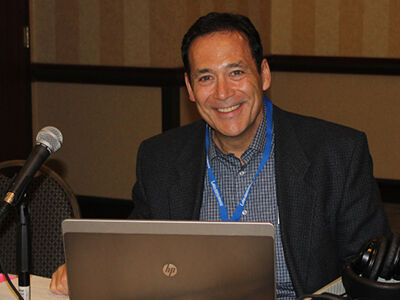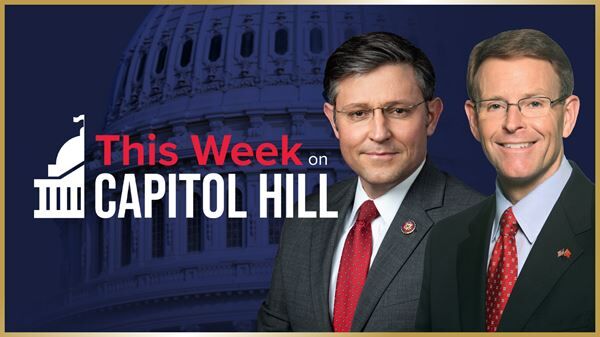Report: Visa programs are over crowded, lower wages
National News

Audio By Carbonatix
11:57 AM on Saturday, September 20
Andrew Rice
(The Center Square) - Foreign worker visa programs in the United States are not doing enough to spur economic growth and recruit native workers, according to a new report.
The Economic Policy Institute released a report that says the H-2B visa program is bloated and stifles wage growth.
“Expansion of H-2B should be avoided,” the report summary reads. “What’s needed instead are new rules for H-2B and worker protections and a viable path to lawful permanent residence for the hundreds of thousands of workers who are employed in the United States through this program.”
The H-2B visa program is used for nonagricultural temporary workers, primarily in landscaping, construction and hospitality industries.
The Economic Policy Institute found that the H-2B program expanded to 169,177 people in 2024 despite having a statutory cap of 66,000 per year designated by Congress.
The Department of Homeland Security can approve supplemental H-2B visas based on demand in a given year. The report found DHS approved 64,716 supplemental visas in addition to the statutory cap of 66,000.
U.S. Citizenship and Immigration Services also exempts workers from the cap who extend their stay or change employees. In 2024, EPI found the State Department offered 139,541 new visas for workers while 4,850 H-2B workers had their employment extended and 25,056 workers changed their employers.
Rosemary Jenks, policy director at the Immigration Accountability Project, said programs like H-2B are taking jobs from American workers.
“There are millions of young Americans, people who are in high school or in college who need entry-level jobs,” Jenks said. “Those jobs are not available to Americans in a lot of places because we’re importing foreign workers to do them.”
While the H-2B visa program continues to be used at a vast rate, EPI found many employers using the visa system undercut U.S. wages significantly.
EPI compared average hourly wages of H-2B workers in jobs such as landscaping, hospitality and meatpacking to national average hourly wages from the Bureau of Labor Statistics. In the meatpacking industry, H-2B worker wages were 22.2% less than the national average.
For landscapers, H-2B workers made $17.55 per hour compared to the national average of $19.66 per hour.
The Department of Labor uses the prevailing wages determination to decide how much to pay an employee. However, EPI argues that employers often cherry-pick data to pay H-2B workers the lowest wages possible. Instead, the institute suggests requiring employers to pay the highest of the local, state or national average wage according to BLS data.
“H-2B workers are underpaid and can only make temporary minor contributions to local economies under the status quo,” the report reads.
Jenks said the wage disparity in visa programs like the H-2B shows why industries have a hard time recruiting American workers.
“Americans will do hard work for livable wages, they will not do hard work for slave wages,” Jenks said.
Jenks said reforms seeking to expand visa programs are aimed at amnesty instead of trying to improve outcomes in the systems.
“It’s not a reform of the system, it is making the system worse,” Jenks said. “I have not seen any big efforts to fix the H-2A or H-2B in several years.”
EPI called on the Trump administration and Congress to expand the H-2B program by protecting wages that allow for pathways to permanent residences and citizenship, instead of temporary worker status.
EPI criticized employers for not making adequate attempts to recruit American workers and called on the Trump administration to implement reforms.
“Any proposed legislation should shift away from the use of temporary workers and create green cards – allowing migrant workers to stay in the United States permanently, increasing their economic contributions and participation in social and political life,” the report read.
EPI also recommends the Trump administration make practical changes to the Department of Labor’s H-2B employer oversight to require employers pay the highest of the local, state or national wage for the specific job.
“Together, congressional and executive reforms could transform a program that brings a temporary, exploitable, and underpaid workforce into one that brings permanent workers with full and equal rights to the United States,” the report reads.







